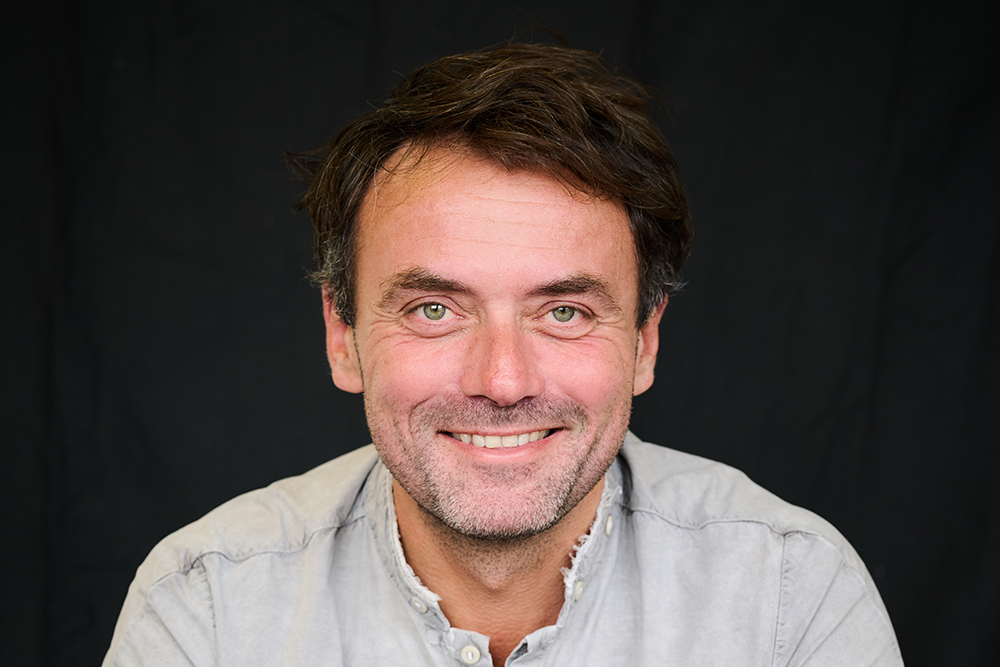Anton’s cinematic journey: From financing to production powerhouse
A new era in European film financing
When Sébastien Raybaud founded Anton in 2011, the European film industry was on the brink of a transformation. Institutional slate financing, a common practice in the U.S., was virtually unheard of in Europe. Raybaud, with his background in the film arm of an investment bank, saw an opportunity to bridge this gap. Anton’s first major deal, a €150 million ($160 million) three-year slate-financing agreement with StudioCanal, was a game-changer. This partnership, backed by U.S. fund Falcon, helped bankroll successful franchises like Paddington and Shaun the Sheep, propelling StudioCanal to new heights.
“Because of the money we raised, we really helped them get to a different stage of their evolution where they wanted to do bigger films,” Raybaud reflects.
Expanding horizons: From financing to production
Since its inception, Anton has evolved significantly. While it remains a unique player in European institutional funding, the company has diversified its portfolio. In 2019, Anton launched its production arm, debuting with the Gerard Butler survival thriller Greenland. This was followed by the establishment of a sales division, which recently promoted the Annecy winner Memoir of Snail. Last year, Anton ventured into TV production, led by industry veterans Sangeta Desai and Sarah Doole. With offices in London, Berlin, and L.A., and a team of 50, Anton is poised for rapid growth.
New investments and ambitious projects
In May, Anton announced securing over €100 million ($108 million) in new financing from institutional investors, led by BlackRock. Unlike previous deals, this funding will be directed towards Anton’s own film and TV productions. Raybaud emphasizes that this investment will enable Anton to “greenlight more ambitious projects.”
At the Berlinale earlier this year, Anton unveiled the David Mackenzie thriller Fuze, starring Aaron Taylor-Johnson and Theo James, and the psychological horror Palette with Hunter Schafer. These projects join an impressive in-house slate, including The Cleaner starring Daisy Ridley and the Greenland sequel, Greenland: Migration, with Butler reprising his role.
A vision for a pan-European studio
The new investment aims to accelerate Anton’s production pipeline, targeting 8-10 features a year. Raybaud envisions a “pan-European studio” focused on commercial English-language features, particularly in genres like action, thrillers, elevated horror, and sci-fi. This approach seeks to attract directors who prefer working outside the traditional studio or streamer systems.
“Our big pitch is that, if you’re a big director and want to do a big action film, what are the options you have?” Raybaud asks. “If you work with a streamer, as a director, you lose the IP, you lose the upside. But if you work with us, you retain way more ownership. So it’s more revenue for all the creatives.”
Nurturing new voices and director-driven projects
While Anton is committed to big-budget action films like Greenland: Migration, there is also a strong desire to support more auteur-driven projects and emerging talents. Raybaud highlights Femme, an LGBTQ revenge thriller from first-time directors Sam H. Freeman and Ng Choon Ping, which premiered in Berlin in 2023.
Raybaud acknowledges the influence of large private-equity-backed film production companies in the U.S., such as Legendary. Although Anton’s scale is smaller, attracting investment from BlackRock, the world’s largest asset management company, validates Anton’s model of bringing private equity slate financing to Europe.
“The investment essentially allows Anton to do the same as it has been doing — but more of it,” Raybaud concludes.
For cinema and TV series enthusiasts, Anton’s journey is a testament to the evolving landscape of film financing and production. As the company continues to grow, it promises to bring more diverse and ambitious projects to the screen, enriching the cinematic experience for audiences worldwide.

 Italian
Italian







